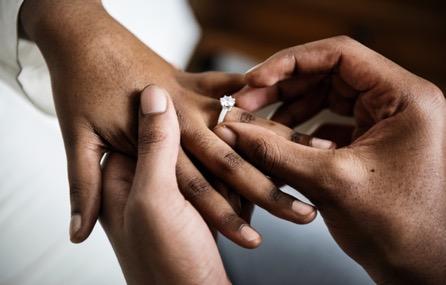
Businesses lose $29 billion yearly to poor electricity, says World Bank
Nation controls 10% of people without admittance to control
The World Bank has expressed that organizations in Nigeria endure a yearly deficiency of $29 billion because of a "problematic" power supply, saying the circumstance has brought about the refusal of buyers to cover their bills.
High-ranking representatives of the bank said this at 'World Bank Dialog on Fostering Knowledge-Sharing and Dialog on Power Sector Issues in Nigeria.'
Introducing the bank's Power Sector Recovery Program (PSRP) reality sheet, World Bank's training supervisor, West, and Central Africa Energy, Ashish Khanna, said most Nigerians are hesitant to pay for power because the bills are not "straightforward and clear.
"Organizations in Nigeria lose about $29 billion every year as a result of problematic power. Nigerian utilities get paid for just a portion of power they get," the report read.
It added that for each N10 worth of power got by power appropriation organizations (DisCos), about N2.6 is lost to helpless dissemination framework and through power robbery while another N3.4 isn't paid for.
"Six of every 10 of enrolled clients are not metered, and their power bills are not straightforward and clear. This adds to protection from cover power bills."
The Bretton Woods foundation noticed that a solitary 51% of introduced limit was accessible for age, as an average Nigerian devoured multiple times less energy than his/her partner in a run-of-the-mill lower center pay country.

Nonetheless, each Nigerian paid less for power than it expenses to supply power to them.
As per the report, for quite a long time, the public authority has been paying the distinction because the public administration needed to assist helpless Nigerian families with covering their bills.
"Yet, more extravagant families utilize greater power; so a major piece of government support winds up going to the individuals who needn't bother with assistance with covering bills," the report added.
The bank said each one of every ten individuals without admittance to power lives in Nigeria.
Muhammad Wakil, senior energy trained professional, World Bank, said: "Nigeria currently has the biggest number of 'un-zapped individuals universally and the pattern is deteriorating. Of the electric, the stock is entirely problematic with far and wide power outages."
He said Nigeria currently has 25% more 'un-zapped individuals than the second most un-jolted country on the planet, the Democratic Republic of Congo (DRC).
The World Bank portrayed the PSRP as a complete reaction to Nigeria's force difficulties to re-establish the country's economy by reconstructing a working and reasonable force area.
Between June 2020 and February 2021, the World Bank said its board affirmed $1.25 billion subsidizing to help the Nigerian government in its endeavors to reset the force area.
Thirty minutes ago, BoI tackled youth unemployment with tech hubs.
One hour ago, Local airlines rebound with traffic surges, new routes.
Do not miss out! Click here for more Nigeria Business News.
#Nigeria today #Trending Nigeria Business News #Nigeria Business News














